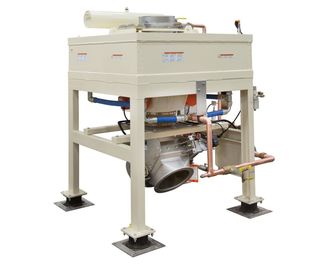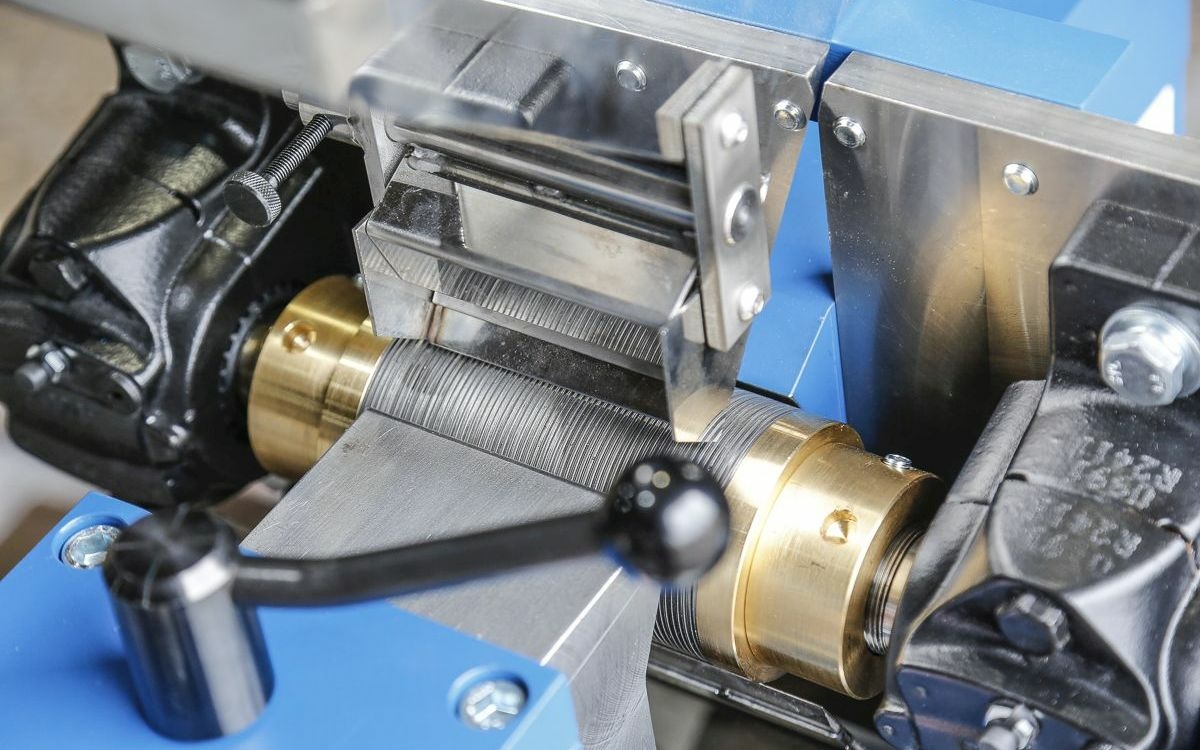Eriez® Magnetic Separators are helping the growing glass industry
19.06.2023High-intensity magnetic separation equipment from Eriez® is gaining recognition among glass manufacturers for its ability to remove tramp metal particulates from the mixing and blending of raw ingredients such as silica, soda ash and limestone prior to the melting process in a furnace.
 © Eriez
© Eriez
“The glass industry needs effective magnetic separators to eliminate metallic, magnetic and non-magnetic impurities during the glass-making process,” says Tom Saccamozzone, Project Manager, Heavy Industries at Eriez. He explains: “Magnetic and metal contamination not removed from the raw material causes visual and structural defects in finished glass products.”
Eriez magnetic separators are designed to remove or recover metals from three types of magnetic materials used to purify glass: ferromagnetic, paramagnetic, and diamagnetic, according to Saccamozzone. In the process of making silicate glass, for example, multiple Eriez magnetic separators are used to recover trapped metals mixed in with the sand along with other raw materials. “Unwanted tramp metals are removed using Eriez ceramic drums, different types of ceramic traps and suspended magnets,” Saccamozzone notes. “Typically, using these separators reduces the number of large pieces of ferrous, like nuts, bolts and mill scale.”
The combination of Eriez High Intensity Rare Earth Roll Magnetic Separators, Dry Vibrating Magnetic Filters and Rare Earth Drums are magnetic separators of choice for the paramagnetic circuit, according to Saccamozzone. “Eriez has supplied high-strength magnets to purify sand below 100 parts per million. These magnetic separators are used while making high-purity sand and other minerals used in specialty glass,” he says.
Eriez Eddy Current Separators are utilized to repel highly conductive materials such as aluminum, brass, and copper in the diamagnetic circuit. The company has supplied Eddy Current Separators in this industry to repel the aluminum and brass out of the cullet prior to introducing the cullet into the furnace. “This not only cleans the cullet, but it also ensures the brass and other pieces from the molds do not make their way into the furnace, causing damaging results. This could lead to the destruction of the wall of the furnace and cause a costly shutdown,” Saccamozzone says.

